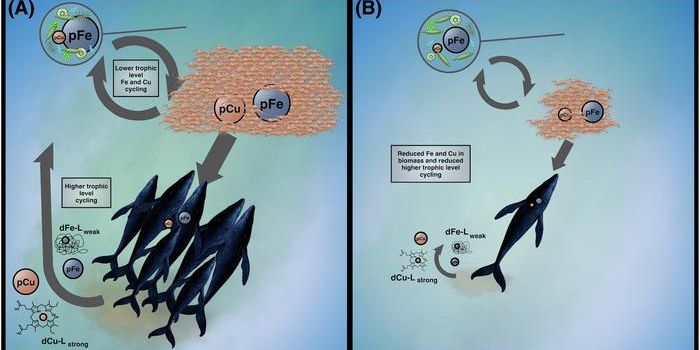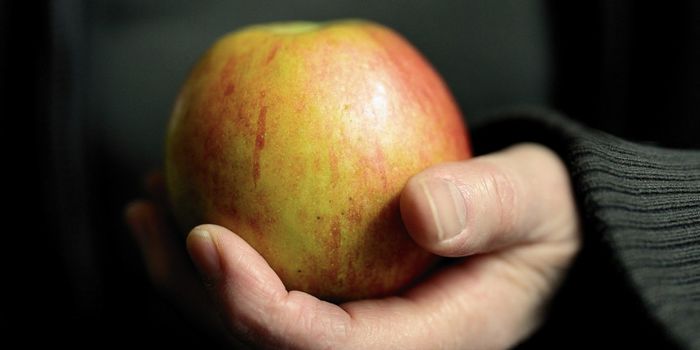Diet May Not Affect IBS As Much As Previously Thought
Irritable bowel syndrome (IBS) is a chronic disorder that affects the large intestine, and can cause numerous symptoms, including diarrhea and cramping. As many as 20% of the U.S. population is estimated to be struggling with this condition. While there’s not a single, definitive cause of the condition, there are many possible causes, including food poisoning.
As a result, many people look to their diets as a way to ameliorate their symptoms; removing gluten, for example, is a common approach people have turned to as a way to manage IBS and potentially remove the symptoms.
New research published in the American Journal of Clinical Nutrition, however, suggests that diet may have less of an impact on IBD symptoms than previously thought. Or at least, response to diet are much more individualized.
The study, published by researchers at Chalmers University of Technology, followed 110 individuals with confirmed IBS. In order to test the effects of different dietary intake, researchers prepared rice puddings in three different ways: one with gluten, one with nothing (placebo), and one with with substantial quantities of “fodmap” carbohydrates, or fermentable carbohydrates found in sweet treats (cookies, cakes, etc) as well as various breads, fruits and vegetables, and dairy products. Participants received all types of puddings, in different orders, throughout the study. Rice pudding helped overcome the blinding aspect of the trial that can sometimes be difficult to accomplish in dietary studies.
Findings from the study showed that participants responded in a wide range of ways to the rice pudding they were given. Overall, fodmap-rich rice puddings had the most substantial, negative effect on IBS symptoms, though surprisingly, not quite as substantial as researchers expected. The gluten-filled rice puddings seemed to have no negative effects on IBS symptoms.
However, researchers noted that just because individuals did not respond similarly, or at all, some people with IBS may yet still benefit from dietary changes.
The IBS study is part of a larger project aimed at mapping the microbiota and searching for biomarkers that may help doctors predict individual health outcomes. Such insight may enable more precise attempts to modify diet for people who would actually benefit from it, while exploring other options for other patients.
Sources: Eureka Alert!; American Journal of Clinical Nutrition








